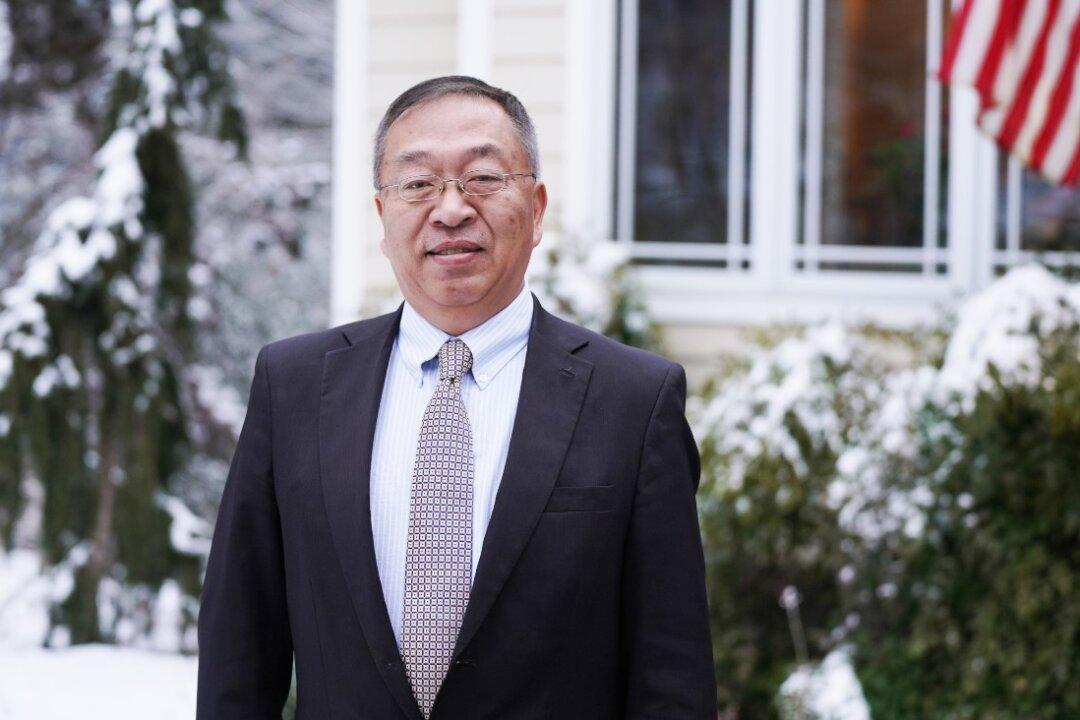After Chinese ambassador to France Lu Shaye’s remark that post-USSR republics “don’t have an effective status" in international law sparked outrage across the European continent, Chinese foreign ministry spokesperson Mao Ning rejected Lu’s comments, saying they did not represent China’s official position.
In an interview with the Chinese language edition of The Epoch Times, Miles Yu, a senior fellow with the Hudson Institute, commented that Lu’s comments on April 21 were no accident, but betrayed China’s internal desire to reorganize the world order. Mao’s response, he said, was simply deceptive.




